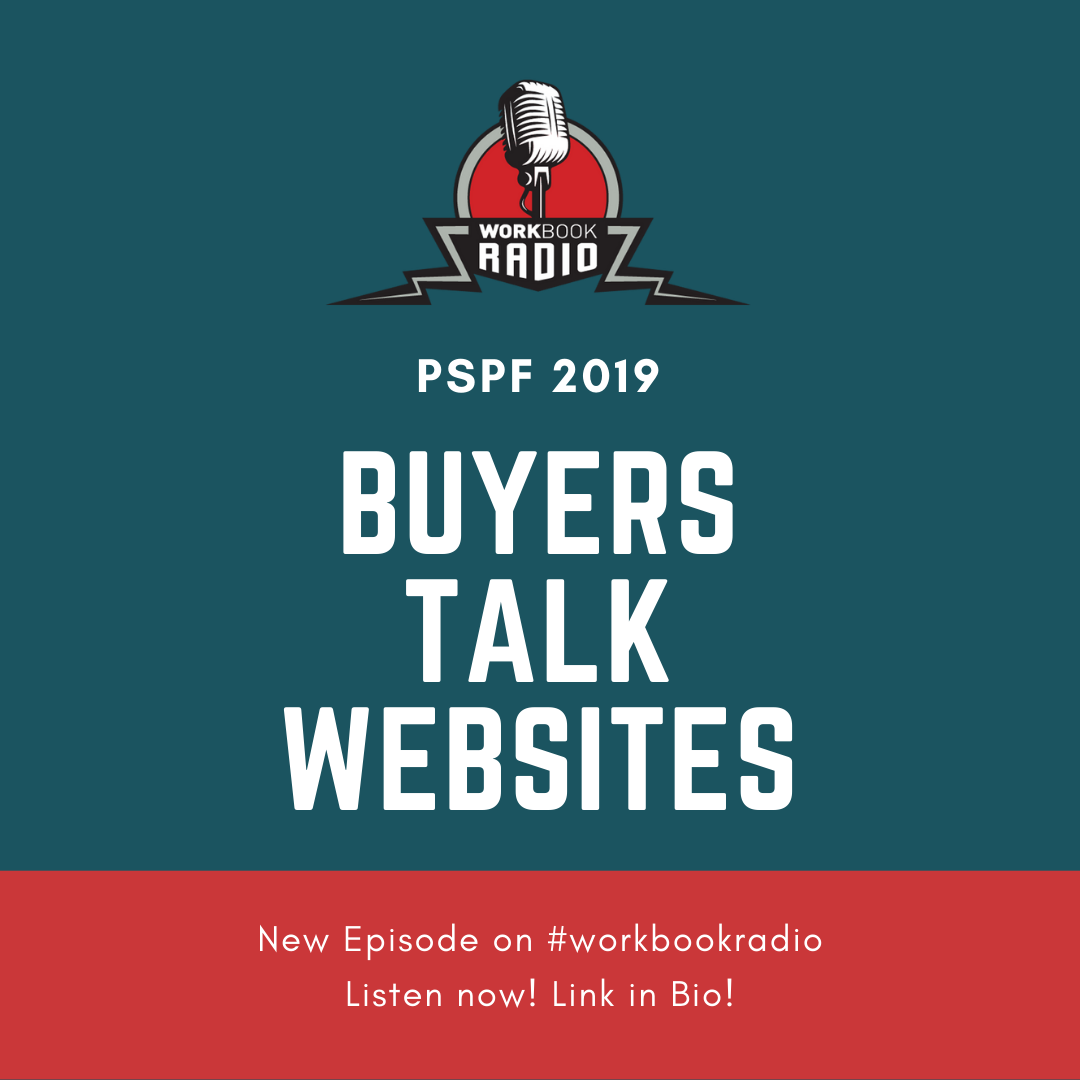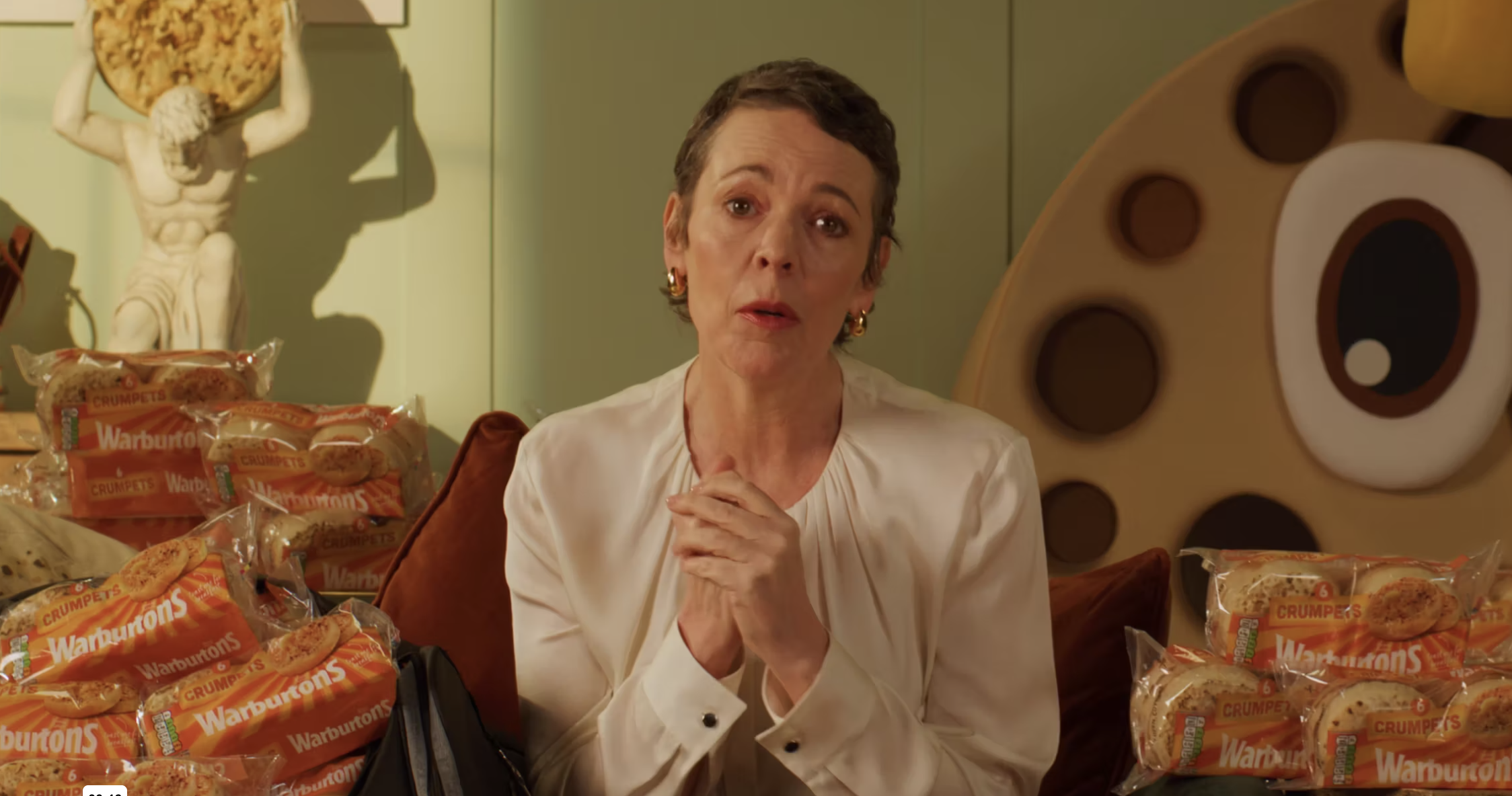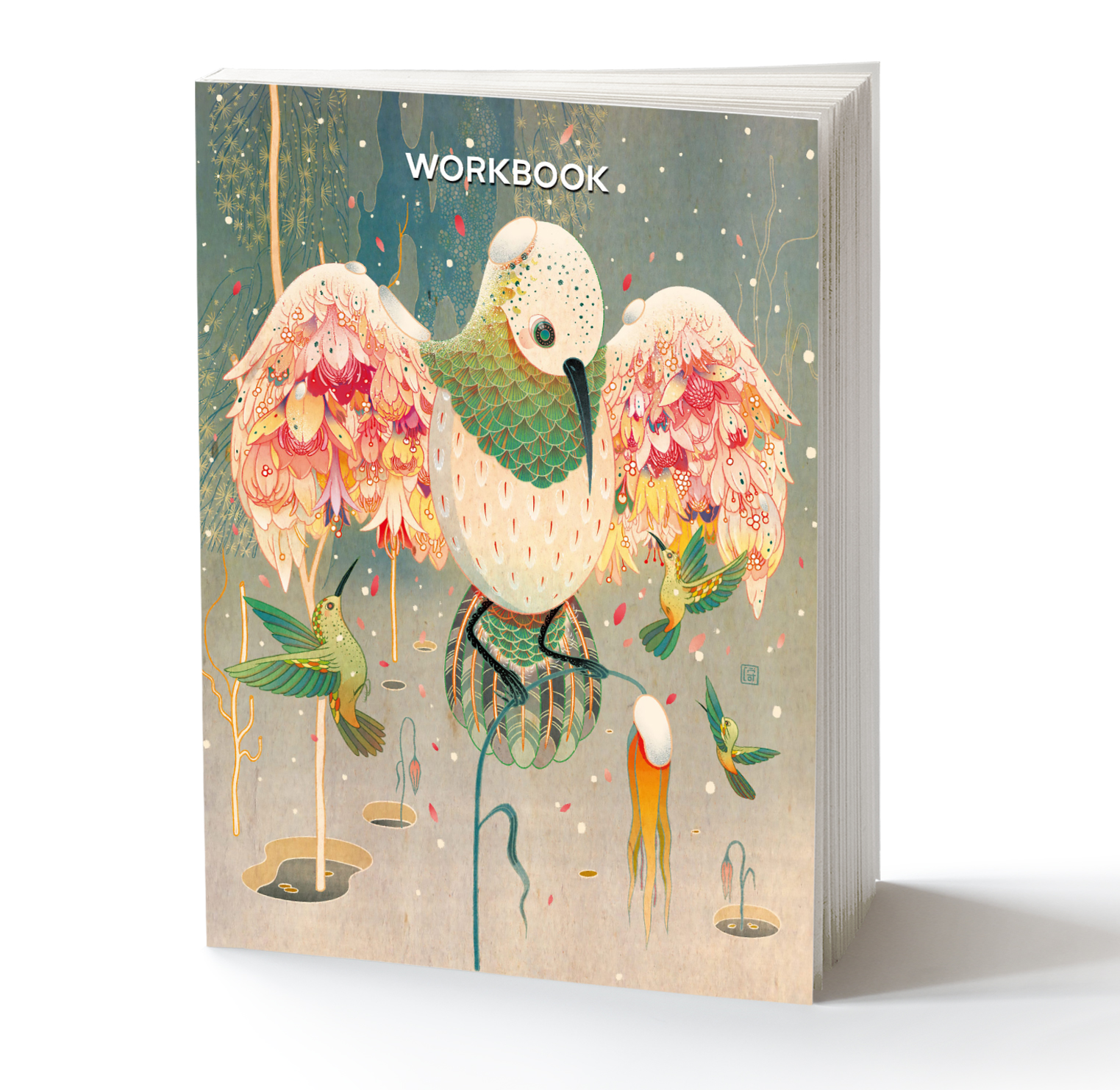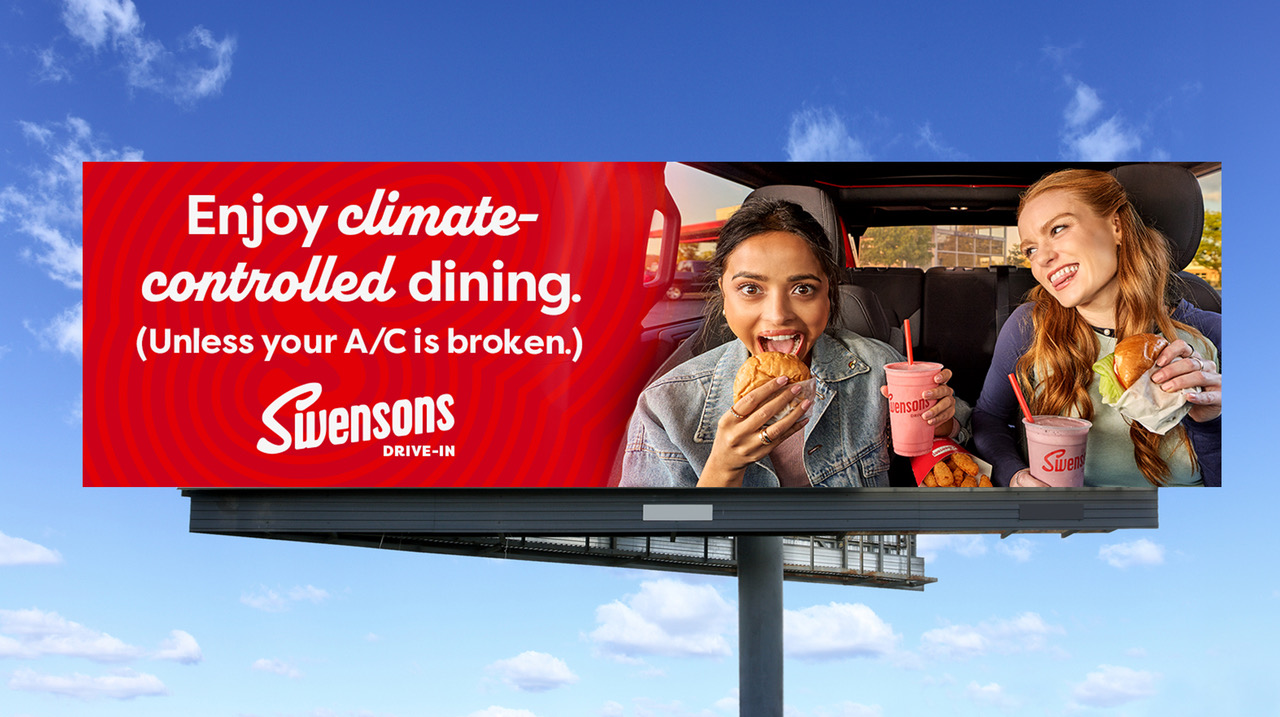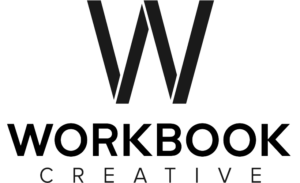We’re back at the Palm Springs Photo Festival with Heidi Goverman, Workbook Regional Representative. On this episode, Heidi talks to senior art producer Brian Gibson, art producer Jen Lamping, creative producer Ron Beinner, and visual lead Anna Dickson, about websites and email promos.
HG: “I don’t always like to start with a negative, but I do think that there’s some pretty standard things we all know we don’t love in a website. Can you guys think of any off the tops of your heads?”
BG: “I was going to say two things. Speed…so if it’s really slow to load, it becomes prohibitive to go through. And layout: make it easy for folks to go where you want to lead them.”
HG: “How do we feel about music?”
JL: “No.”
RB: “No. And you really have to know your audience. You have to know yourself, and you have to know who your talking to. So photo editors, decisions makers in this business, and art buyers, they’re busy people. They’re on the go. They don’t have a lot of time to look at the work that’s coming their way. So you have to make it easy for them. So just remember to keep it simple, be graphic, tell your story in as short a time as you can.”
AD: “I think to add to add to that, I think, one: knowing who you are and what your voice is and what you want to present to people first and foremost is also really really important because if you are all over the place and somebody’s coming there to find something, and they don’t know what they’re looking at because you have twenty-five different styles and things of that nature, then it’s very hard to sift through, and it’s probably going to be a turn off very quickly.”
JL: “And I think it’s good to identify the categories or genres you’re interested in working in…as opposed to listing series or stories. I don’t know what I’m going to find when I click in that, so I probably won’t because I just don’t have the time. If I’m looking for a certain thing, I just want to find it.”
HG: “Tell me what it is.”
JL: “Quickly. Yeah.”
HG: “And so my next question to you is ‘About’ pages. How do you guys feel about ‘about’ pages? Do they really matter to you? Do you spend a lot of time on them? Anna?”
AD: “Yes. I think it’s definitely helpful to give a sense of somebody very quickly. It’s useful to have some sort of basic information that’s not…that’s fun. I mean you want to know it’s somebody that you want to work with. I don’t think it makes or breaks something for me. I think a conversation can make or break something. But I think an ‘about’ page, if it’s fun, certainly stands out and resonates more. It’s definitely about standing out. So, if there’s something you can put on your page that’s going to grab somebody’s attention, I think it’s certainly worthwhile to do. But [in regard to] the ‘about’ pages, sometimes I’m just looking for ‘How do I contact this person?’ So, I would much rather have a phone number and an email on the about page and my being able to access you than a bunch of information and desperately searching for the phone number at the end of it and not be able to find it.”
JL: “Or where they’re based.”
RB: “Totally.”
JL: “I just need to know where you live.”
BG: “I was going to say it’s the one portion of your site you can actually get creative and be fun and be a little bit more ambiguous and unclear, aside from contact information. Because, like we were saying, so many times we want the page itself to be easy to navigate. And so you take out the things that are a little bit more abstract, I guess. So this is the one area you can put that back in and be fun, aside from maybe like a personal work tab.”
HG: “Do you want to see a picture [of the artist]?”
BG: “I think it’s nice.”
AD: “Yeah, I do, too.”
RB: “Yeah, I agree. I think it’s nice to see a little bit of their personality. Because as [Anna] said, it’s someone you’re going to have to work with, you want to spend some time with. A lot of this relationship is about chemistry.”
AD: “And until you talk to them or you meet them, it’s just nice to put a face to the work so that it’s not just work.”
HG: “Absolutely.”
AD: “Yeah.”
HG: “I want to start with Jen on this one. First question: creating a schedule: How often is effective [to email buyers]? (because you get a a lot) So, how often is it effective for someone to reach out to you? Obviously daily is not the right answer. But what is the right answer?”
JL: “I think the right answer is consistency, whether it’s once a month, once every couple months, once every quarter. I think staying consistent and staying consistent with your branding and your messaging and your format is really important. And only do it when you have something to share. Like, ‘I just shot this. I thought you’d like to see it.’ I don’t need to see older work. And quick links to other things. The same would go for physical promos. I still like to get those, but they’re expensive, so I understand those can’t happen as often. But I still think there’s value in both because you just never know. It’s all about timing in this business, as much as I hate to say that. When do you get something at the right time? When do you keep it [to the other buyers]? When does it come across your desk? And how often do you see it to the point where that person becomes very front of mind and you think of them when you’re looking for a specific thing.”
HG: “So Ron, the next question is to you. How do you react to emails that are not targeted well? So somebody sends you…kittens.”
RB: “I like kittens!”
HG: “I do too; it was a really bad example. But you know what I’m saying.”
RB: “Yeah! You know, I tend…I don’t want to ignore things, but sometimes you…I used to be a stickler for replying to everything, and at a certain point it’s like replying to a waterfall. It’s impossible and you can’t get your work done. So honestly, the these days, if it doesn’t…if they haven’t done their homework and I don’t know them, maybe they shouldn’t be marketing to me. You know?”
HG: “Right.”
RB: “If I’m at a magazine and we do mostly environmental portraits don’t send me…Tim Griffith’s not sending me his skyscrapers for me to hire him there. So I hate to say it, but I just delete it. There’s no time to deal with that.”
HG: “So Brian, the next [question’s] to you. Thoughts on personalizing messages, especially if you’ve interacted with somebody before. Do you like the, ‘Hi, Brian.’ Or do you want it…do you like it when it’s personalized?”
BG: “Yes and no. I would say there are times when it’s appropriate. So, to Ron’s point, know who you’re targeting, right? So if, for example, I work on a lot of automotive. Somebody had recently shot some automotive work, and I know them, they say, ‘Hey Brian I just shot this new project for Honda. Check it out.’ It’s completely relevant to what I work on. Personal works in that scenario. I once had this, Heidi, I think I told you about this, I opened up a promo and then I got an email afterwards that said, ‘Thank you for opening my promo.’ And I was like, ‘Huh, probably shouldn’t have done that one.’ Because we know on [the buying side] that your website or whatever’s driving it, you can do metrics and pull information about who is opening what. But you don’t want them to know that.”
HG: “Well you just don’t want to say it.”
BG: “Because we know that you know. But it’s just kind of an unsaid rule.”
JL: “But also, I may not click on an image in an email, but I will have seen it, and I will have filed it away. So it doesn’t mean I didn’t see it just because I didn’t click into it. I know your work. I know how to find you. Yeah. Okay, reminder. So that isn’t necessarily information [indicating that] someone hasn’t seen your stuff too.”
AD: “Can I add one thing to the personalization piece? Which I couldn’t get because it’s from years ago, but it stuck with me that this photographer Axel Dupeux, he had sent me a…you know, he sends pretty consistent promos. Consistency, he’s always consistent. But once after…no, it had been a while since I hired him for something. And he sent me a promo that said hilariously it’s about kittens. He said something like, ‘Open this or the kitten gets it.’ Like as a joke. And it was him and this little kitten. But he knows me really well, and he knows that I love kittens, and I have a dark sense of humor. It was very personalized and I loved it! It stuck with me for years. I hadn’t talked to him in a long time and I emailed him and I asked, ‘Remember that promo you sent me threatening a kitten? Do you have that?’ And he said, ‘No that was just for you.’ And I said, ‘Right, right, right.’ But he didn’t know where it was.”
HG: “But that same promo, if you didn’t know him, and somebody was like-“
AD: “No.”
HG: “‘Hey, Anna.’”
AD: “‘This kitten’s gonna get it.’”
HG: “I’m calling 911.”
AD: “I’d be like, ‘Oh god. Poor kitten.’ [Axel] actually sent me a follow up to my conversation with him and said, ‘Just for the record, the kitten’s fine.’”
Listen to the full episode below!
Click here for more episode of Workbook Radio!
